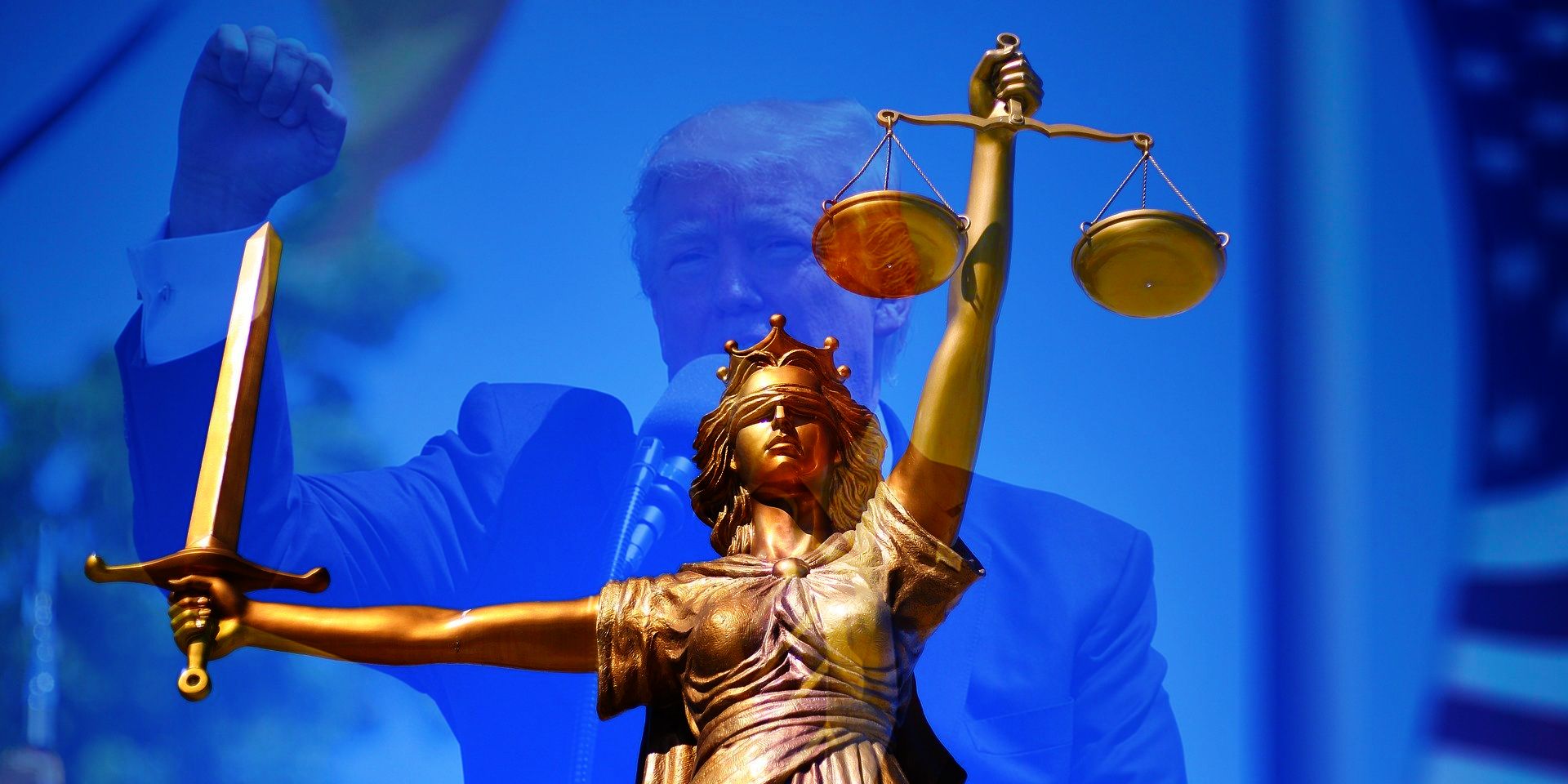The Trump administration has been privately communicating that it will not take as harsh of action against China’s WeChat as originally indicated in its August 6 Executive Order. American businesses, including Apple, have been privately seeking clarifications from the Trump administration regarding his impending ban against the Chinese chat application. The application is widely used in China and is therefore often found to be necessary to use for those engaging in business relations abroad. Because of its centrality to business operations, the Trump administration has signaled that it will take the companies concerns into account when actually implementing any form of a ban.
Similar to the impending ban against TikTok, the executive order issued by President Trump was presented with a deadline of 45 days. While the deadline for TikTok has been extended to permit acquisition talks with Oracle and Microsoft, the deadline appears firm for WeChat. That said, the extremity of the actions that will be taken appears now to be lower in the case of WeChat once the deadline arrives. The key issue in the discussion has been how the administration will define and operationalize the word “transaction” once the ban takes effect.
Bloomberg reports that the Trump administration might permit Apple and Google to continue to provide WeChat within their app stores, especially abroad. Meanwhile, national security concerns remain and administration officials continue to hold talks with interested actors with full knowledge that the President might insist upon following through with a full ban described in the executive order despite the negative implications for American businesses engaging in business relations with Chinese companies and their representatives that use WeChat.
What Is Trump Signaling About TikTok Ban & Talks With Microsoft & Oracle?

One could interpret this as the administration signaling that it will not actually follow through on the bans that it has threatened. However, the cases are not exactly comparable. Despite both being Chinese companies identified as security threats, WeChat had significantly more powerful interests batting for it in the lobbying arena. American companies rely upon it to do business in a way that a similarly powerful American constituency with direct access to policymakers within the White House does not.
While legal strategies remain open, though precarious, for applications seeking to fight Trump’s impending bans, their ability to inspire powerful constituencies within the U.S. to defend their interests, especially if those constituencies are not similarly perceived as related to the source of the perceived national security threat, will determine the severity of the sanctions that will be implemented. WeChat’s strategic advantage relative to TikTok is that it is a vital business tool for major American firms. Meanwhile, it should be expected that the TikTok ban will be more comprehensive unless TikTok users are able to somehow create a similarly detrimental impact upon the U.S. economy or political system if the app is banned once the deadline arrives.




